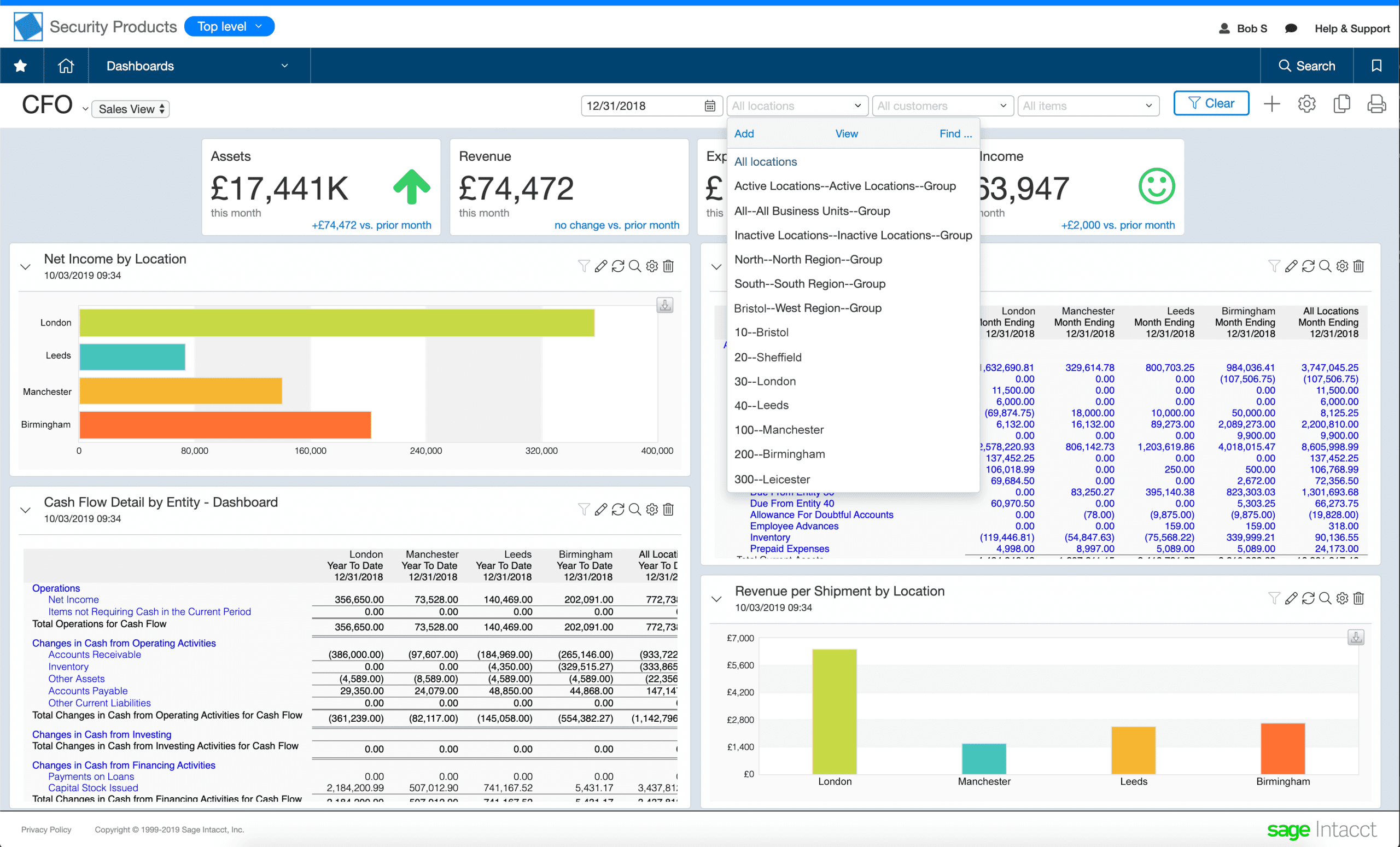Benefits Cloud
Benefits of Cloud Technology
Welcome to the wonderful world of cloud technology! Have you ever wondered how businesses are able to access and store vast amounts of data without bulky servers taking up valuable office space? Well, cloud technology is the answer. By utilizing remote servers hosted on the internet, businesses can enjoy a multitude of benefits such as scalability, flexibility, and cost savings. Let’s explore some of the advantages of cloud technology and how it can revolutionize the way you do business.
Cost Efficiency of Cloud Computing
One of the major benefits of cloud computing is its cost efficiency. Unlike traditional computing methods where businesses have to purchase expensive hardware and software, cloud computing allows companies to access computing resources on a pay-as-you-go basis. This means that businesses only pay for the resources they actually use, rather than investing in expensive infrastructure that may go underutilized.
Additionally, cloud computing eliminates the need for businesses to invest in expensive IT staff and maintenance costs. Cloud service providers take care of all the maintenance, upgrades, and security measures, allowing businesses to focus on their core activities without worrying about the technical aspects of their IT infrastructure.
Another cost-saving aspect of cloud computing is scalability. With traditional computing methods, businesses have to estimate their computing needs and invest in infrastructure accordingly. This can lead to overprovisioning of resources, resulting in wasted costs. Cloud computing allows businesses to scale their computing resources up or down as needed, ensuring that they only pay for what they use.
Cloud computing also reduces the costs associated with data storage and backup. Cloud service providers offer affordable storage solutions that eliminate the need for expensive on-site servers and backup systems. This not only saves businesses money on hardware costs but also on the electricity and cooling required to run and maintain these systems.
Furthermore, cloud computing can help businesses save money on software licensing fees. Many cloud service providers offer Software as a Service (SaaS) solutions, where software is hosted in the cloud and accessed via the internet. This eliminates the need for businesses to purchase expensive software licenses, as they can simply pay a monthly subscription fee for access to the software they need.
Overall, the cost efficiency of cloud computing makes it an attractive option for businesses of all sizes. By reducing upfront costs, eliminating the need for expensive IT staff and maintenance, providing scalability, and offering cost-effective storage and software solutions, cloud computing allows businesses to optimize their IT spending and focus on growing their core business.
Scalability and Flexibility in Cloud Services
One of the key benefits of utilizing cloud services is the scalability and flexibility they provide. Scalability refers to the ability of a system to handle an increasing amount of work or its potential to accommodate growth. In the context of cloud services, scalability means that users can easily adjust their storage, processing power, and bandwidth requirements as their needs change. This is particularly beneficial for businesses that experience fluctuating levels of demand throughout the year. With traditional IT infrastructure, businesses would need to invest in additional hardware and resources to accommodate peak periods, which can be costly and inefficient.
Cloud services offer on-demand scalability, meaning users can quickly and easily increase or decrease resources as needed. This allows businesses to adapt to changing requirements without significant upfront investments or lengthy lead times. For example, a retail company may need to increase server capacity during the holiday season to handle the surge in online shopping. With cloud services, they can simply adjust their resources in real-time to meet demand, ensuring a seamless customer experience without over-provisioning hardware.
Flexibility is another key aspect of cloud services that sets them apart from traditional IT infrastructure. Cloud computing allows users to access their data and applications from anywhere with an internet connection, making it easier for employees to work remotely or collaborate on projects in real-time. This level of flexibility enables businesses to be more agile and responsive to changing market conditions, giving them a competitive edge in today’s fast-paced business environment.
Furthermore, cloud services offer a range of deployment options, including public, private, and hybrid clouds. Public clouds are hosted by third-party providers and offer scalability and cost efficiency, making them ideal for businesses looking to reduce IT costs and simplify management. Private clouds, on the other hand, are dedicated environments that offer enhanced security and control over data, making them suitable for industries with strict compliance requirements, such as healthcare or finance. Hybrid clouds combine the benefits of both public and private clouds, allowing businesses to leverage the scalability and cost savings of the public cloud while maintaining sensitive data on-premises.
In conclusion, the scalability and flexibility of cloud services make them a valuable asset for businesses looking to optimize their IT infrastructure and stay ahead of the competition. By harnessing the power of cloud computing, businesses can easily adjust their resources to meet changing demands, work more efficiently from anywhere, and choose the deployment option that best suits their needs. Whether it’s scaling up during peak periods or enabling remote work capabilities, cloud services offer businesses the agility and versatility they need to succeed in today’s digital world.
Enhanced Security Measures in the Cloud
When it comes to storing sensitive data in the cloud, security is of utmost importance. Fortunately, cloud providers have implemented a variety of advanced security measures to ensure the protection and privacy of your information. These measures go beyond what most organizations can achieve on their own, making the cloud an attractive option for businesses looking to keep their data secure.
One of the key security features of cloud computing is encryption. Data stored in the cloud is encrypted both during transmission and while at rest in the cloud provider’s servers. This means that even if a hacker were to gain access to the data, they would not be able to read it without the encryption key. Encryption helps ensure that your data remains confidential and secure at all times.
Another important security measure in the cloud is multi-factor authentication. This adds an extra layer of security by requiring users to provide two or more forms of identification before gaining access to their accounts. This could include something they know (such as a password), something they have (such as a code sent to their phone), or something they are (such as a fingerprint or facial recognition). Multi-factor authentication makes it much more difficult for unauthorized users to access your data, even if they manage to obtain your login credentials.
Some cloud providers also offer advanced security monitoring tools that constantly monitor your data for any unusual activity. This could include unauthorized access attempts, changes to file permissions, or unusual data transfers. If any suspicious activity is detected, the monitoring tools can automatically alert you or your IT team so that immediate action can be taken to protect your data. These proactive monitoring tools help ensure that any security breaches are identified and addressed quickly before they can cause significant harm.
Additionally, many cloud providers offer regular security audits and compliance certifications to demonstrate that they are following best practices for data security. These audits are conducted by independent third-party organizations to ensure that the cloud provider is adhering to industry standards and regulations. By choosing a cloud provider with these certifications, you can have confidence that your data is being stored and protected in a secure environment.
In conclusion, the enhanced security measures in the cloud provide businesses with a high level of protection for their sensitive data. From encryption to multi-factor authentication to advanced security monitoring tools, cloud providers offer a comprehensive suite of security features to safeguard your information. By leveraging these security measures, businesses can feel confident in their decision to store data in the cloud and focus on growing their business without worrying about potential data breaches.
Improved Collaboration and Accessibility with Cloud Technology
Cloud technology has revolutionized the way we work and collaborate with others. With the ability to access files and data from anywhere with an internet connection, teams can now work together seamlessly, regardless of their physical location. This has greatly improved collaboration among team members, as they can easily share documents, make edits in real-time, and communicate effectively through cloud-based tools such as Google Docs, Microsoft Office 365, and Slack.
One of the key benefits of cloud technology is the ease of access it provides to users. Gone are the days when employees had to be in the office to work on important documents or projects. With cloud storage solutions like Dropbox, OneDrive, and iCloud, team members can access files and data on any device, at any time. This level of accessibility not only increases productivity but also allows for greater flexibility in work schedules. Whether someone is working from home, on the go, or in a different time zone, they can still contribute to projects and collaborate effectively with their team members.
Moreover, the ability to access files from the cloud means that employees no longer have to worry about losing important documents in the event of a computer crash or hardware failure. By storing files in the cloud, data is automatically backed up and protected from potential disasters. This gives peace of mind to employees and ensures that important information is always secure and accessible when needed.
Cloud technology also enables teams to work more efficiently by providing a centralized location for all project-related materials. Instead of searching through emails or navigating multiple folders on a shared drive, team members can access all relevant documents, communication threads, and project updates in one place. This streamlines the collaboration process, reduces the risk of miscommunication, and increases overall productivity within the team.
Furthermore, cloud technology allows for better organization and version control of documents. With features like automatic syncing and version tracking, team members can easily see who made changes to a document, when those changes were made, and revert to previous versions if necessary. This eliminates the need for multiple copies of the same document floating around and ensures that everyone is working on the most up-to-date version.
In conclusion, improved collaboration and accessibility with cloud technology have transformed the way teams work together. By providing a seamless and efficient way to share files, communicate, and access data from anywhere, cloud technology has increased productivity, flexibility, and peace of mind for employees. Embracing cloud-based solutions is essential for modern businesses looking to stay competitive and innovative in today’s fast-paced digital world.
Disaster Recovery and Business Continuity in the Cloud
One of the key benefits of the cloud is its ability to provide robust disaster recovery and business continuity solutions. In the event of a natural disaster, power outage, or any other unforeseen event that may disrupt your business operations, having your data stored in the cloud ensures that you can quickly recover and resume normal operations.
Cloud-based disaster recovery solutions allow you to easily back up your data in multiple locations, making it less susceptible to loss or damage. This redundancy reduces the risk of permanent data loss and ensures that your business can continue to operate even in the face of a major disaster. Additionally, many cloud providers offer automated backup services, making it easy to schedule regular backups without the need for manual intervention.
Business continuity is another area where the cloud excels. By storing your data in the cloud, you can access it from anywhere with an internet connection, enabling your employees to work remotely in the event of an emergency. This ensures that your business can continue to function even if your physical office is inaccessible.
Furthermore, the cloud provides scalability and flexibility, allowing you to quickly adjust your resources based on your current needs. In the event of a disaster, you can easily increase your storage capacity or computing power to accommodate the increased demand on your systems. This agility enables you to quickly respond to changing circumstances and ensure that your business can continue to operate smoothly.
Another advantage of the cloud for disaster recovery and business continuity is its cost-effectiveness. Traditional disaster recovery solutions often require significant upfront investment in hardware and infrastructure, as well as ongoing maintenance costs. In contrast, cloud-based solutions are typically subscription-based, allowing you to pay only for the resources you use. This pay-as-you-go model can result in significant cost savings for businesses of all sizes.
In conclusion, the cloud offers a wide range of benefits for disaster recovery and business continuity. From reliable data backup and storage to remote access and scalability, the cloud provides the tools you need to keep your business running smoothly in the face of unexpected challenges. By leveraging the power of the cloud, you can ensure that your data is secure, accessible, and protected at all times.





